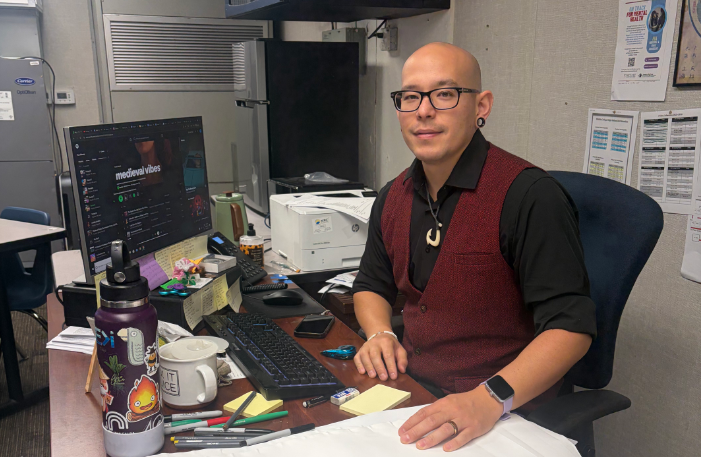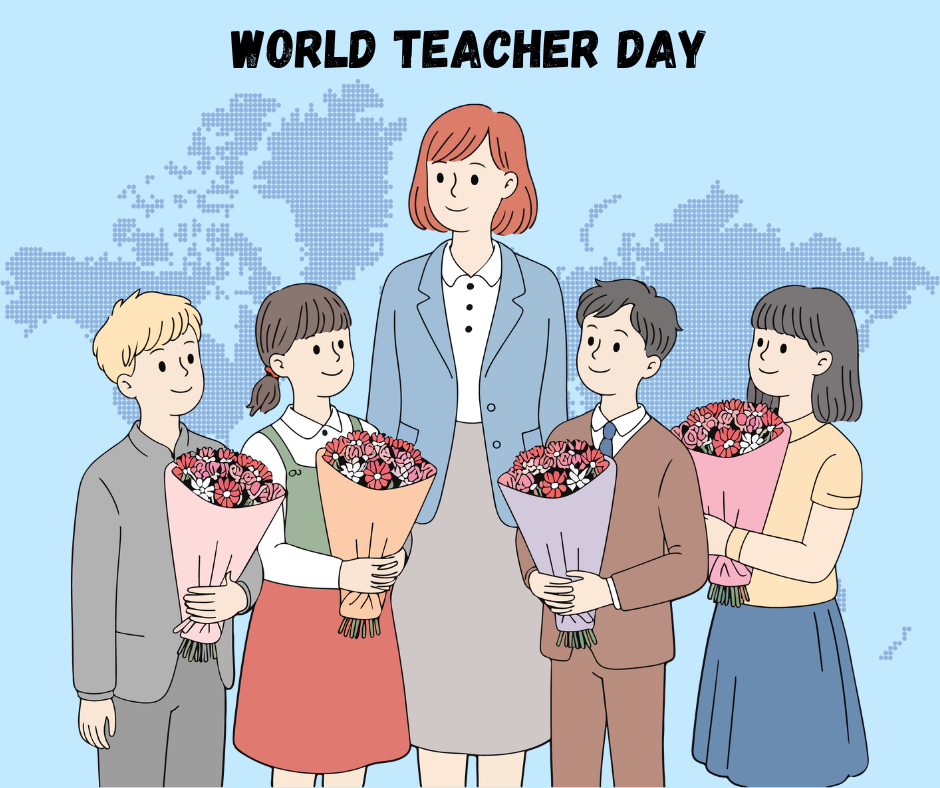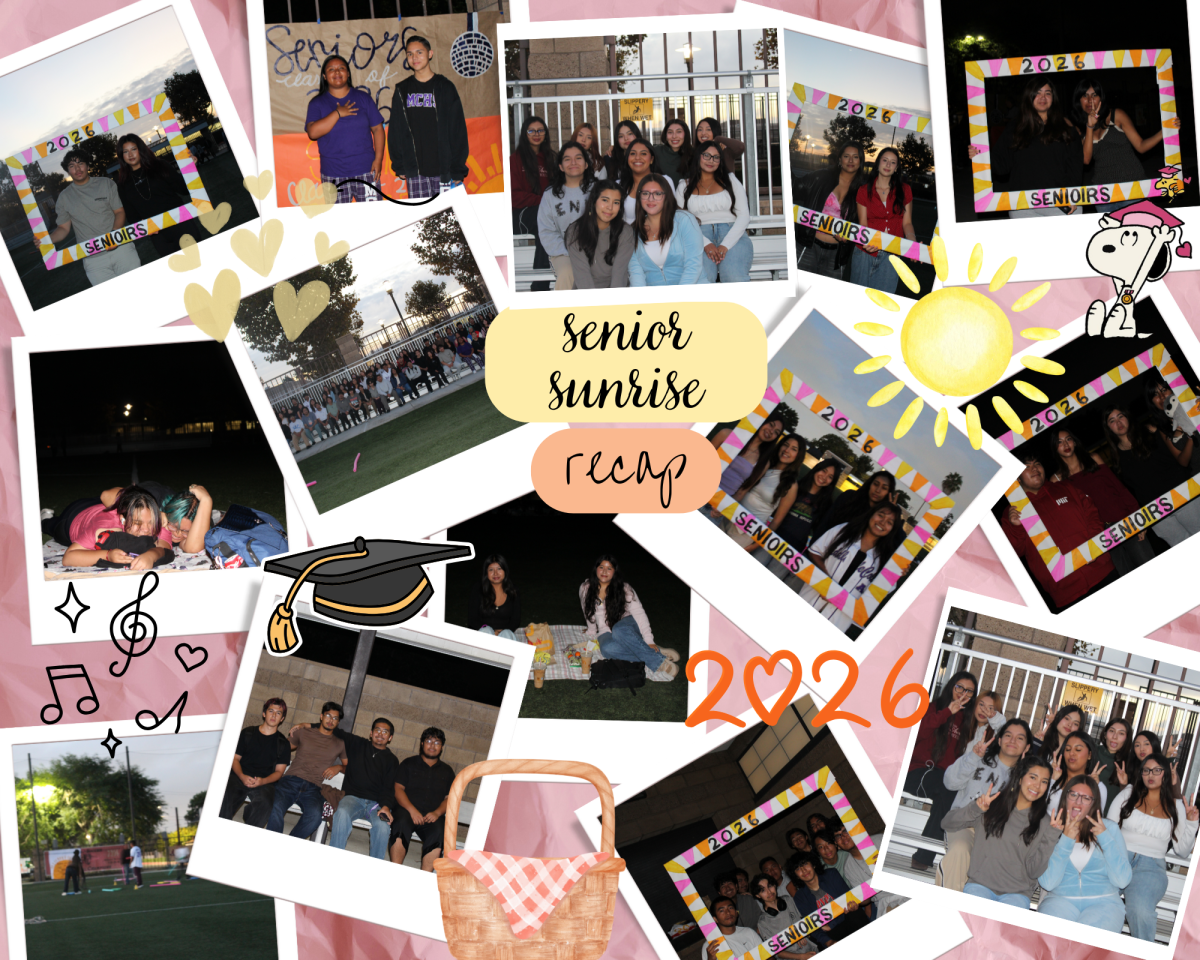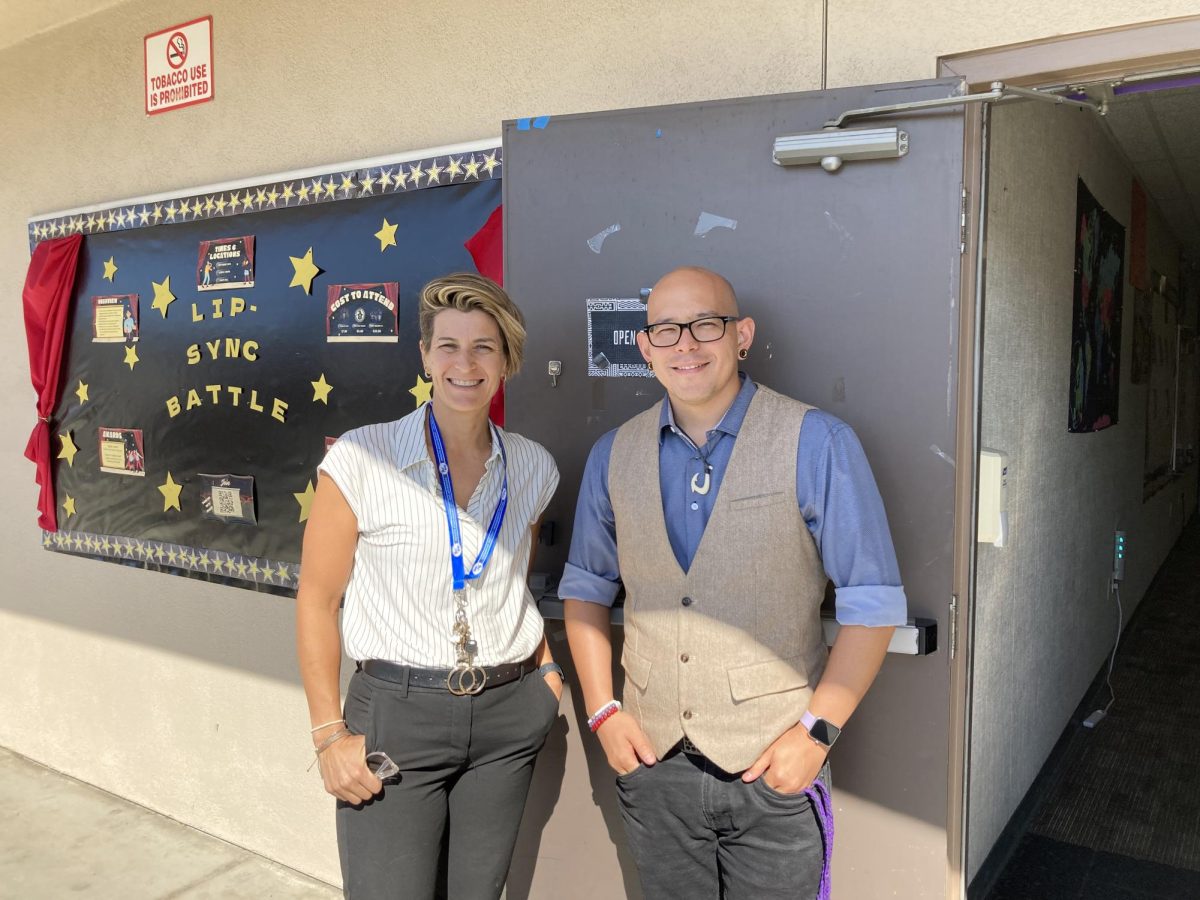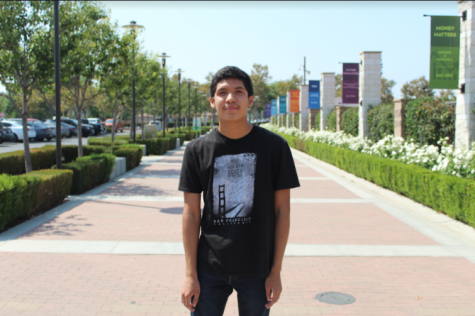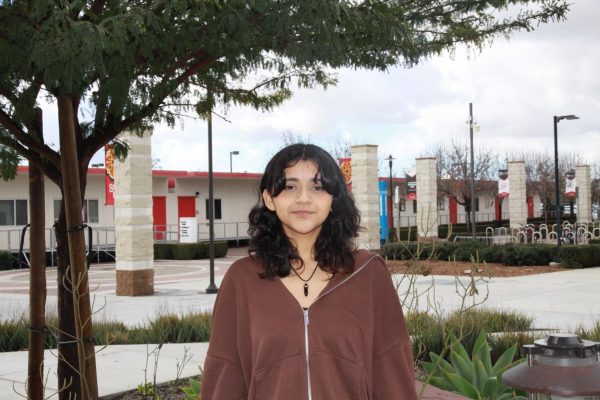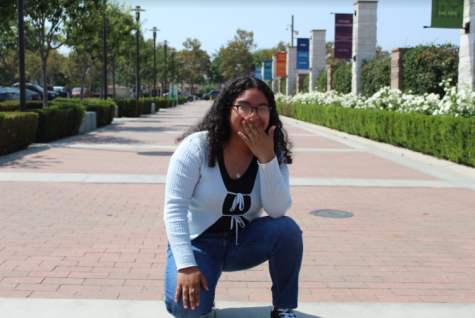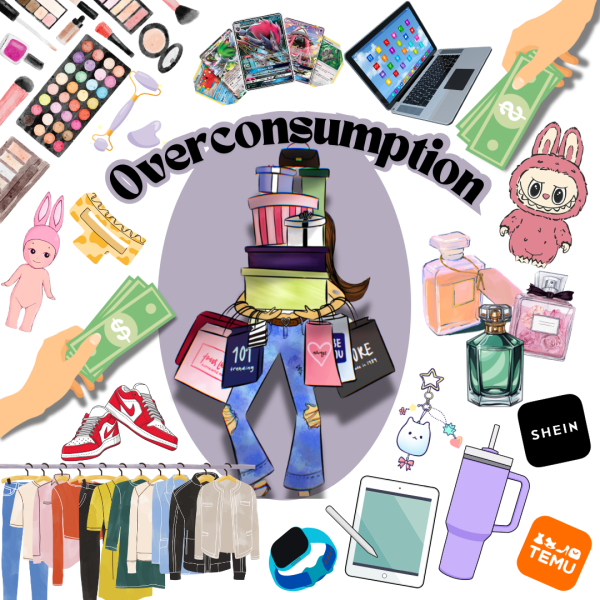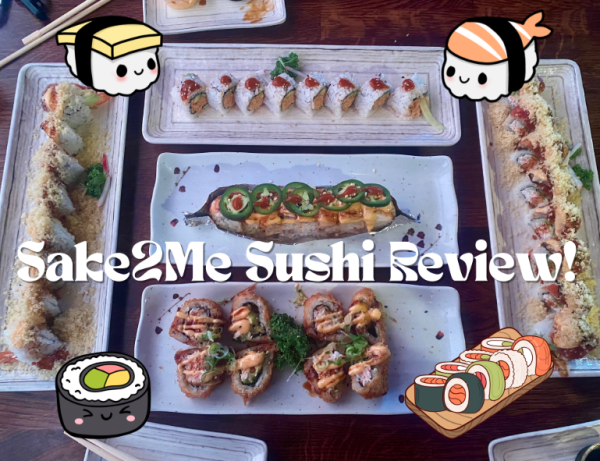Navigating through the unknown as a first generation college student
created with Canva by Maria Alegria
First generation college students face many challenges in the college application process.
Transcript:
DANIEL SALAZAR: The college application process is a stressful one, even more so for first generation college students. “First gen” meaning someone who is the first in their family to attend college.
Hello everyone, welcome to the Spellbinder podcast. I’m your host Daniel, joined today by our co-host Stephanie. In this podcast, we’ll be covering the college application process for first-gen college students.
STEPHANIE CERVANTES: We interviewed three former Middle College students who had experience being a first gen college student tackling this complicated process.
ALEJANDRO CERVANTES: Hello everyone, my name is Alejandro but everyone calls me Alex. I graduated in 2020 and it’s my second year at UCSD and I’m a molecular and cell bio major.
TAIS AVILA: Hi guys, I’m Tais Avila. I graduated Middle College, three years ago, 2019. I graduated in 2019 and now I’m a mechanical engineering student at Cal State Fullerton.
ALEXIS RODRIGUEZ MEJIA: My name is Alexis Rodriguez Mejia. I am a Harvard junior. I am MCHS, Middle College High School Class of 2019.
SALAZAR: Rodriguez-Mejia expresses his fears going into this process.
College applications require a lot of self reflection which puts the applicant in a vulnerable position to allow the college to meet their authentic selves.
RODRIGUEZ MEJIA: My biggest kind of fear going in, was kind of to an extent, just the fear of really putting yourself out there.
S. CERVANTES: Oftentimes the hurdles that come with committing to a college surpass the disappointment of receiving a rejection letter.
A. CERVANTES: The biggest fear I had was probably, it’s going to sound funny, but if I got in to like a school, and for some reason I just couldn’t make myself go like whether it be like distance and not wanting to leave my family or just the school being too expensive as a first generation student or you know just the feeling of not knowing what comes next. Especially coming from like SAUSD where I felt like I was really sheltered. Like everyone here is like, everyone here is Latino, and everyone looks like you like is part of your culture and I knew that that wasn’t going to be the same thing, no matter where I went and so just like that feeling of unknowing and being being able to put yourself out there was definitely scary for me.
S. CERVANTES: Luckily, there are many programs in our community that guide high school seniors throughout this process. Cervantes took advantage of the help available during his senior year.
A. CERVANTES: I joined a lot of after school programs like the Nicholas Academic Center or NAC and College Bound which were all about helping you out like on a more one on one basis, in terms of like, filling out those applications and writing essays. So those were definitely instrumental in like, helping me be able to fill out those applications on time and in a way that got me into the schools I wanted to so I would say that definitely having guidance and a mentor to help you through those tough times is key. I don’t think I could have done it in the way I did it without them.
SALAZAR: Although Cervantes was able to receive the support he needed, this is not always the case for first generation students. For example, Avila had difficulty receiving adequate support during this process.
AVILA: All these little workshops where you work on all the applications, but if there was somebody like, like an older friend, an older sibling cousin, or just anybody that I was really close to that could kind of just help me through it, I feel like I would have been able to feel more comfortable doing it. And I would have asked more questions, I would’ve ask more questions, because I know like, when, when I was doing the application process, and Espinoza was like stretched out everywhere. I kind of felt awkward because I knew she was busy. Didn’t want to ask all the questions and had I just had like, like an older sibling and older cousin, a parent know how the application process goes. I feel like I would have been much more comfortable sending it out, but it was ok.
S. CERVANTES: While the application process is overwhelming at times, remember that it’s a one-time thing. Rodriguez-Mejia shares some words of advice for seniors going through the application process.
RODRIGUEZ- MEJIA: Don’t let applying be your biggest fear, because in my personal experience, and it’s my personal belief, it’s better to walk away knowing you gave it your all and you applied, then walk away wondering what if.
SALAZAR: Sometimes fear can feel restrictive but it’s nothing that you can’t overcome. What helps Rodriguez-Mejia is remembering why he is applying. His parents.
RODRIGUEZ-MEJIA: Both of my parents came here from Mexico and they didn’t speak English when they first arrived. And just knowing the countless sacrifices they made for me in my education, that I feel like I would be personally giving them a disservice by not trying my hardest, or not taking advantage of opportunities.
S. CERVANTES: Oftentimes because of their parents, they take these leaps of faith. It can feel like college is the only option. As a first generation college student, the feeling of being the family example puts added pressure.
AVILA: I always knew I was gonna go to college. I never knew what I would do if I didn’t go to college. Also, my mom was always one of those moms that was like, you’re going to go to college, you’re going to do great. And you’re going to bring the family forward. but going to college, it was never really a question for me, I always knew I was going to go to college.
SALAZAR: Soon this rigorous process is over and decision letters begin to roll in.
RODRIGUEZ-MEJIA: And so when the time came, I remember just like absolutely being like, I just want to get it over with, you know, whatever happens is going to happen. And I’ll take it from there. And so when I found out there was like this sense of euphoria, and just like absolute happiness and shock, and I just remember at that moment, I felt speechless. Meanwhile, my little brother is like hopping around the classroom. Well, not the classroom, in my house. I say classroom because I was in like a classroom desk. And so he’s just hopping around being so overjoyed and I’m just like, literally stunned, and I remember vividly saying, I got into Harvard. And then my mom and dad were all very happy. My dad started crying. My mom was like, completely overjoyed.
SALAZAR: Admissions are only the start of the college journey. These three alumni leave you these words of wisdom.
AVILA: I do everything for my family. But take a moment to do things yourself. Because I don’t do that. That often. I feel like moments for myself. I bought this at Costco. It’s a box of madeline’s because it was $5. I got this and it was for myself. This is what I consider doing something for myself. But if you want to do something that makes you happy, you should do it.
CERVANTES: I think the biggest piece of advice that I would tell myself and any first gen student right now going through the process is don’t get too bogged down on the fact, you need to be ultra focused on just purely academics during high school. Because in reality you don’t. Like the college app, people, everyone who has who’s applying to college, or applying because they’re qualified academically to be there. They look at other stuff that you did around you, as a student more than whether or not you’re not good SAT score, your GPA is a certain level for them, you know.
RODRIGUEZ-MEJIA: Don’t be afraid to put yourself out there and what I mean by this is, I know that sometimes we have that moment of doubt, or that moment of hesitation of, can I really do this or like? This is kind of insane what I’m doing. I’m taking college classes, I’m doing high school, I have a paper due I have, and it feels very overwhelming. And to that extent, you are justified in feeling overwhelmed, you are, it’s okay to feel this way. Everyone goes through some kind of motion like this. But the biggest thing is that you shouldn’t let the fear inhibit you from doing something, whether it’s writing that first paper, or whether it’s breaking down that paper that you have to turn in, that’s like five pages to writing half a page or a page a day. But just taking those little steps and moving forward, always helps. And I like to say this, that you don’t necessarily have to be sprinting, you don’t have to be running, you don’t have to be walking, heck, you can even be crawling as long as you’re moving forward bit by bit. That’s the important thing. And yes, there will be moments where you feel like you’re accidentally running the wrong way. But that’s okay. Because those are learning opportunities, the worst thing you could do is when you have an opportunity that doesn’t go, the way you want it to, is to walk away feeling like you’ve learned nothing. Because in reality, you learn something, it might be whether you took a program that you didn’t enjoy. Now, you know, maybe that field isn’t as interesting for you and you learn that.
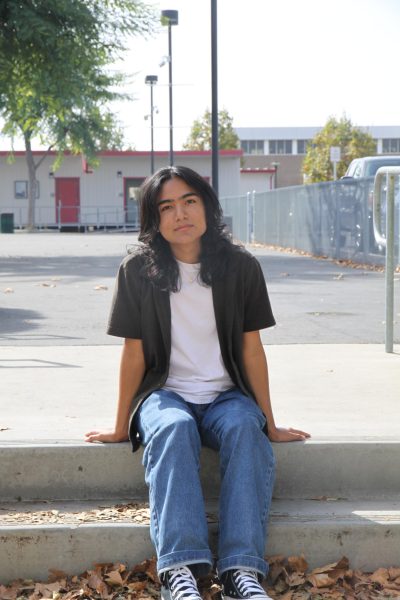
I love listening to music, some of my favorite artists/bands are the Drop Nineteens, Saint Etienne, and Everything but the Girl. I also have a cat named...
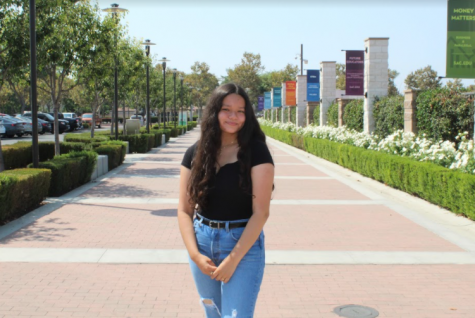
My favorite album is Folklore, I love the number 7, and New Girl is my favorite show.

